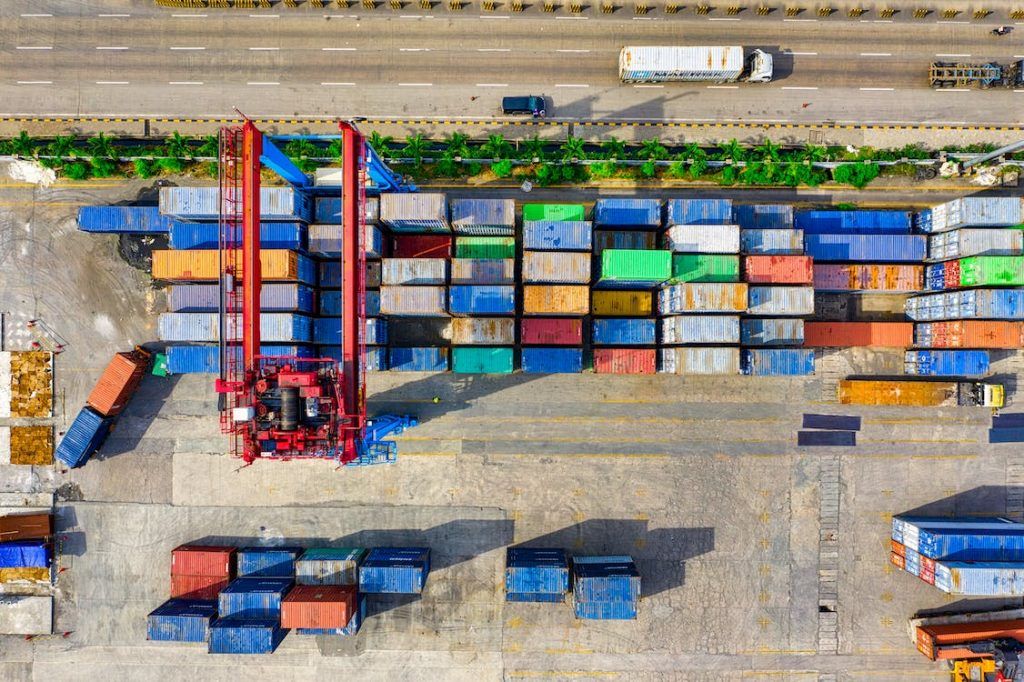The external sector has not cushioned the Chinese economy as it has in other slowdowns, a U.S. congressional analysis indicated.
As the economy of the People’s Republic of China has become increasingly linked to the global economy, China is affected in several respects by downturns and recessions in the world’s major economies.
China’s exports of goods and services increased 7% in 2022 over 2021, bringing China’s global trade surplus to a record $877.6 billion.
Then, trade grew 0.4% in the first seven months of 2023.
China is looking to boost exports in sectors such as electric vehicles that face overcapacity.
An African swine fever outbreak in 2018 decimated China’s hog herd, and a poor wheat crop and low soybean yields have elevated the role of trade in filling production gaps.
China’s coercion of foreign suppliers exacerbated its grain and energy shortages in 2021.
Since the end of 2022, China has increased imports of grain, oil and gas, including from the United States and Russia.
External Sector
In addition to highlighting the above facts, the U.S. congressional analysis notes that China’s political and economic hardening and economic coercion, as well as foreign technology controls on China, have fueled a sense of risk in the Chinese market, leading some companies to migrate parts of supply chains out of that country.
There have been periods of large capital outflows from China in 2022 and 2023. Beijing has used the optics of CEO visits and investments in key sectors (e.g., biotech and semiconductors) to try to boost market confidence.
However, the same analysis exposes that the government’s incursion into foreign market research firms and efforts to restrict negative economic commentary «have fostered a cooling of business and increased the sense of risk in the Chinese market.»
Real estate
The Chinese government has progressively introduced policy measures that helped increase liquidity and credit supply to mainland China’s commercial real estate sector.
A recovery in Chinese domestic demand for residential real estate and an improvement in customer confidence are necessary developments to support the current health of the sector.
According to HSBC Holdings, there are some early, but growing, signs of stabilization in real estate transaction volumes and prices in mainland China, but the benefits of the positive developments appear to be favoring state-owned enterprises and stronger private companies in the sector.
This firm continues to monitor the sector closely, in particular the risk of real estate sector defaults and requests for payment extensions, along with the associated impact on market sentiment.
HSBC expects the restructuring of China’s commercial real estate sector and the resolution of the impacts to be protracted.
Simultaneously, the relationship between China and several countries, including the UK and the US, remains complex. The UK, US, EU and other countries have imposed various sanctions and trade restrictions on Chinese individuals and companies.
In response, China imposed sanctions and introduced new laws and trade restrictions.

